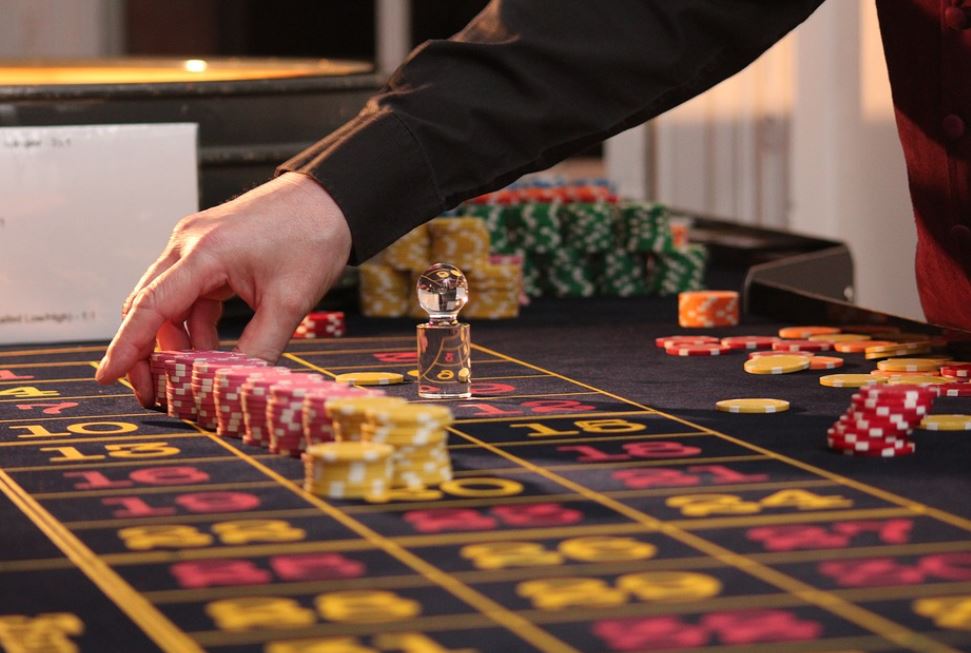
Casino games have enthralled players for centuries, progressing from basic recreational activities to complex experiences that blend fortune, strategy, and entertainment. From the historical origins of gambling in civilizations such as the ancient societies of Mesopotamia and Rome to the glitzy corridors of contemporary casinos, the journey of these games reveals much about our nature and our connection with luck. As societies have intertwined and technology has advanced, casino games have transformed, mirroring societal changes and advancements in gameplay.
The primitive versions of gambling likely featured simple dice-based games and wagering on the results of athletic contests. As time passed, these basic forms of gambling grew into more complex games like card games, roulette, and the variety of slot games that fill the floors of casinos today. Each period brought its distinct regulations, aesthetics, and cultural importance. In the current era, casino games continue to evolve with the rise of digital gaming platforms, enabling players from various parts of the world to engage in a common experience, further merging the traditional with the modern era.
Early Origins of Casino Games
Casino activities have origins that reach back to ancient civilizations, where betting was deeply entrenched in social traditions and social rituals. The initial known instances of betting emerged in Mesopotamia around three thousand BC, involving basic die activities made from bone material. These initial games laid the basis for more advanced gambling games, showing humans’ natural desire to seek fortune and amusement through luck.
As societies developed, so did their betting interests. In historic China, around 2300 BC, tiles were discovered that looked like early basic forms of a lottery game. More organized forms of betting arose in the Roman Empire, where games of luck were a popular recreation, often occurring in social gatherings. The Romans developed multiple wagering games, which included dice and table games, showing the widespread nature of gambling across various social classes.
With the passage of ages, these primitive games shaped the development of contemporary casino games. In the Middle Ages, playing card activities grew prevalent in Europe, paving the way for the professional gaming establishments we know today. The shift from casual betting to organized gaming in taverns and personal houses marked a major change in how people engaged with games of luck, leading to the subsequent creation of casinos as specialized places for gambling.
The Growth of Modern Gambling Industry
The final 20th century marked a crucial shift in the field of casino games, propelled by technological advancements and transformations in societal views towards gambling. The introduction of personal computers and the internet transformed the way players engaged with their beloved games. Online casinos emerged, enabling gamers to enjoy traditional casino classics like poker and blackjack from the safety of their homes. This emerging online environment not only expanded availability to casino games but also drew in a younger crowd who found the ease and diversity appealing.
As digital gaming gained popularity, so did innovations in gaming technology. The development of sophisticated software and visual elements transformed conventional casino games into captivating experiences. Players could now connect with realistic dealers through live feeds, bringing the atmosphere of brick-and-mortar casinos directly into their living rooms. This fusion of live gaming with online platforms created a novel combination that enhanced the social aspect of playing, making it possible for individuals to connect and compete with fellow gamers around the planet.
Additionally, the rise of mobile gaming substantially changed the gambling environment. With the widespread use of smartphones and tablets, players can access their beloved casino games at any location, whenever. Mobile applications offer a wide selection of options tailored for mobile screens, catering to the dynamic lifestyle of modern users. This accessibility has led to growing involvement in casino games, contributing to the exponential growth of the gaming industry. As a result, the prospects of gambling continues to evolve, adjusting to new technologies and changing consumer preferences.
How Technology Influences Casino Games
Technology’s advancement has significantly transformed casino games, improving the overall gaming experience for players around the world. As the internet emerged, online casinos emerged, allowing players to enjoy their favorite games from the comfort of their homes. This change not only made casino games more accessible but also increased the variety of games offered, as online platforms could host numerous variations of traditional games without the limitations of brick-and-mortar establishments.
The rise of mobile technology further revolutionized the casino gaming landscape. As smartphones and tablets became widespread, players now have the ability to play casino games anytime and anywhere. This flexibility has resulted in the creation of dedicated mobile applications and optimized websites that offer smooth gaming experiences. Additionally, innovations such as live dealer games have brought the genuine feel of a casino into players’ homes, bridging the gap between physical and online gaming. casino not on GamStop
Furthermore, advancements in AI and VR are paving the way for the next generation of casino games. AI enhances game design and player interaction, creating customized experiences based on user behavior and preferences. Meanwhile, virtual reality offers immersive environments where players can interact in a virtual casino environment, making the gaming experience more exciting and lifelike. As technology continues to evolve, the future of casino games looks promising, filled with limitless opportunities for advancements and entertainment.



